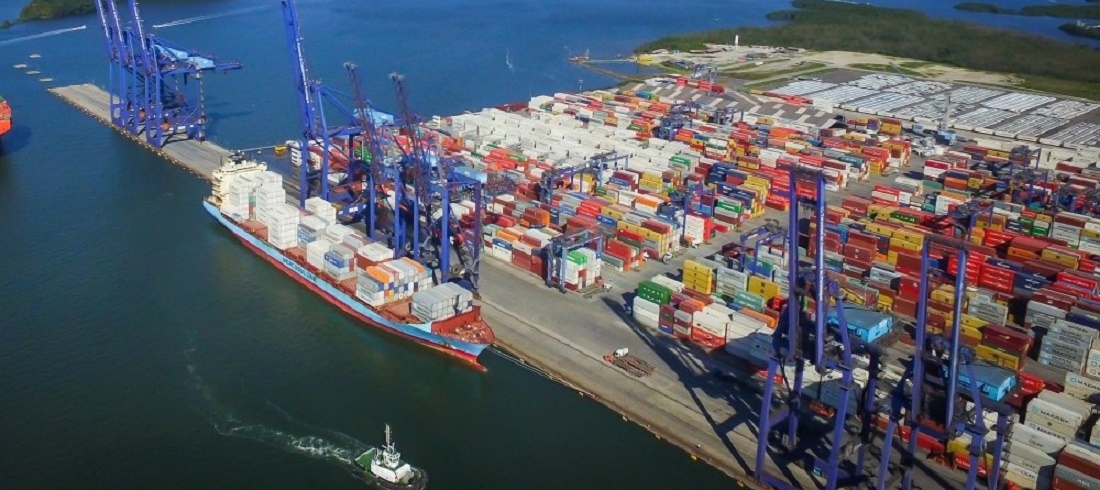
Shipping emissions levy delayed but goals for greenhouse gas cuts agreed
Jul, 07, 2023 Posted by Gabriel MalheirosWeek 202326
Attempts to impose a levy on greenhouse gas emissions from international shipping, in order to fund climate action, have been delayed but not extinguished at the conclusion of talks among 175 governments.
Greenhouse gas reduction goals for international shipping were agreed, in a toughening of previous targets, but they were slammed as inadequate by campaigners.
Two weeks of talks at the International Maritime Organization produced an agreement to reduce the carbon intensity of international shipping by 40% by 2030, compared with 2008 levels. Intensity refers to the emissions produced per cargo and distance travelled.
Governments also resolved to cut the total emissions from international shipping by at least 20% by 2030, with an ambition to reach 30% cuts by that date. The IMO also said international shipping would reach net zero “close to” 2050. Campaigners wanted a 50% cut by 2030 and a firm commitment on net zero by 2050 at the latest.
To spur the uptake of clean technologies for shipping, at least 5% of the energy used for international shipping by 2030 should be zero carbon, or near zero carbon, with an ambition to reach 10% by that date, according to the agreement reached on Friday morning.
These targets were nowhere near enough to put the world on track to stay within 1.5C of global heating above pre-industrial levels, campaigners said.
Bryan Comer, marine programme lead at the International Council on Clean Transportation (ICCT), said: “By our estimates, international shipping will exceed its 1.5C carbon budget by approximately 2032 under this agreement.”
Ana Laranjeira, shipping manager at Opportunity Green, called the meeting a historic opportunity wasted. “This week had everything to be a historical moment. The last chance for the IMO to align with the Paris Agreement temperature goal of 1.5C, vital to secure a just and equitable transition for the world’s most vulnerable nations and protect our global biodiversity, such as the world’s coral reefs which will cease to exist in a world above 1.5C,” she said.
“[But] this agreement does not get us to 1.5C. We need to continue to work to decarbonise international shipping in a just and equitable manner as soon as possible.”
China, Argentina, Peru, Chile, Uruguay, Guatemala, Paraguay, Thailand, Cuba, Venezuela, Bangladesh, Belarus, Russia, Ecuador, Nicaragua, Colombia and Saudi Arabia all tried to prevent such a levy being adopted at the talks, the Guardian understands.
Countries blocking the tax included some that are outwardly committed to climate action, including Brazil, Australia, South Africa and Indonesia, and the host country of this year’s Cop28 UN climate summit, the United Arab Emirates.
Countries pushing for a levy include EU member states including Greece, as well as South Korea and Japan, which are all major shipping nations. The US has also signalled its willingness to consider a levy, and the World Bank has backed it.
However, it is now unlikely that any levy could be agreed before 2027 at the earliest, which will delay the potential for developing countries to benefit.
-
Grains
Apr, 26, 2023
0
Brazil announces US$ 1 billion credit line for rural exporters
-
Oil and Gas
Mar, 25, 2022
0
The US and the EU have reached an agreement on gas supply to reduce their reliance on Russia
-
Ports and Terminals
Aug, 01, 2021
0
Construction begins on the new pulp terminal at the Port of Paranaguá
-
Ports and Terminals
Dec, 11, 2019
0
National Secretariat of Ports and Waterways Transport studies implementation of “Port Community Systems”


